How AI Made My Dream of Being a Songwriter Come True
AI is making new modes of creative expression available to us all
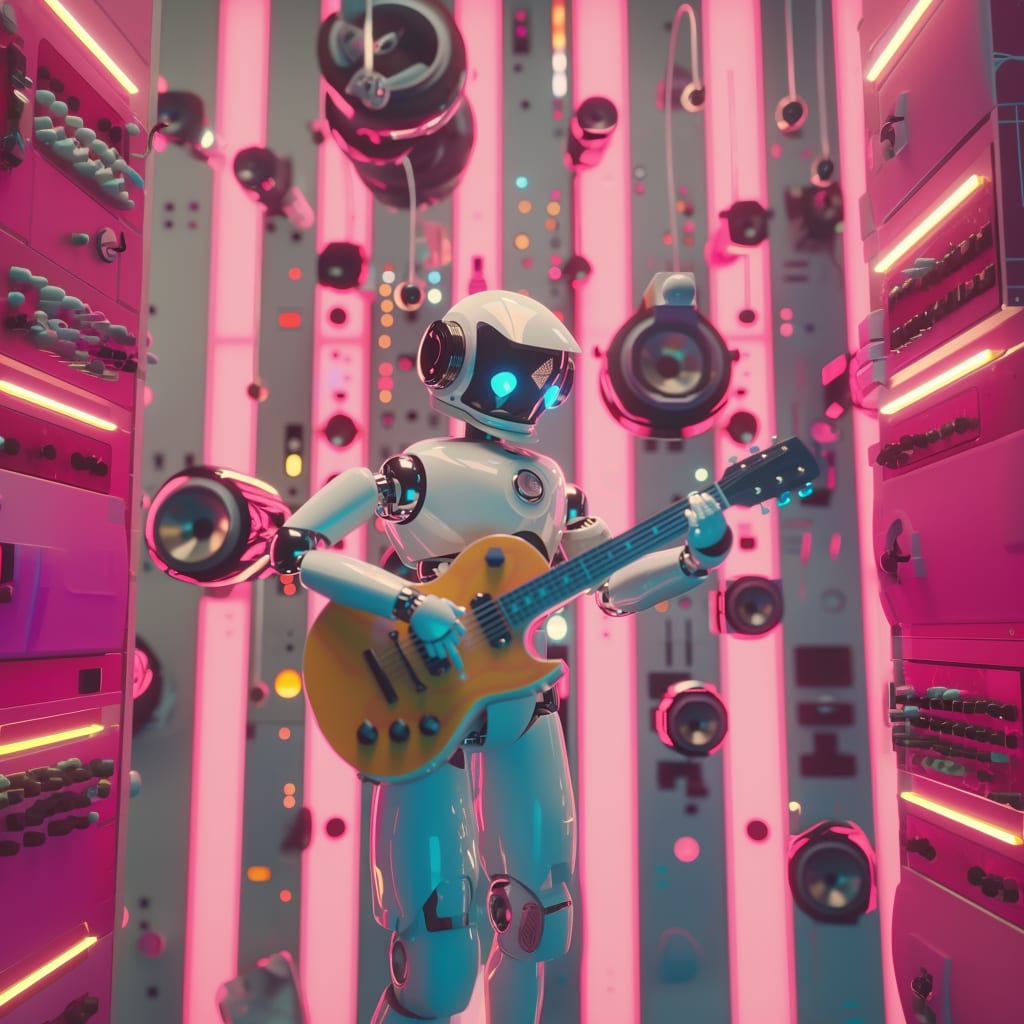
I absolutely love music. I spend a couple hours every week finding new music and building playlists, which I then share with family and friends for all of us to listen to over the coming weeks. My 2023 Apple Music Replay shows that I was listening to different songs for 100,000 minutes last year!
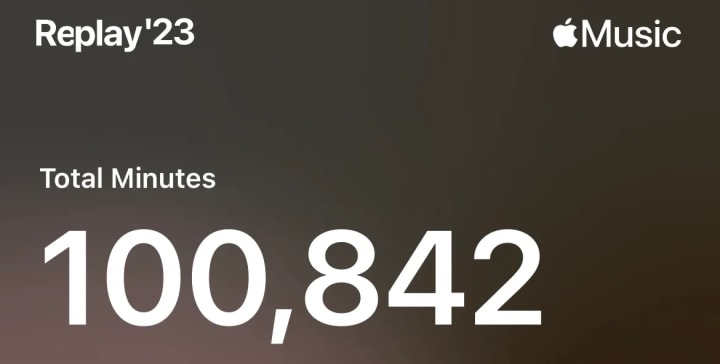
My love for music has always been rooted in my love for writing. I’m in awe of how some people can write great lyrics and then accentuate those lyrics with non-verbal sounds to amplify the impact. To me, it’s always seemed like they took the type of writing I do and layered an extra superpower on top of it. I was dying to see my writing augmented in the same way.
Unfortunately, I don’t seem to have any natural musical ability. I can’t sing, can’t keep a rhythm to save my life, and have proven useless at understanding any form of musical theory. Of course, like anyone, I could learn if I really dedicated myself to it, but that’s a serious time investment, and one I haven’t been able to fit into my life alongside of everything else I work at on a daily basis. Still, I would sit at home sometimes and clumsily put together quasi-songs. That was until a couple of chance encounters changed everything.
Enter Ryan
Earlier this year, I reconnected with an old friend from high school, Ryan Hopkins, who happens to be a musician. After attending one of his performances, we got to talking, and I told him about my lifelong dream of writing a song. He started showing me basic song structure, including his favorite rhyme schemes, and gave me feedback on the lyrics I came up with by following his guidance.
Here is the first set of lyrics I sent him (slightly abbreviated to take up less space):
Title: You First
(Verse 1)
We’ve been spending all our time together
Would think we’re ready for forever
But ain’t nobody said a word of what we feel
I can see in your eyes a quiet yearning
And in our touch there’s a fire burning
But babe if we don’t say it won’t be real
(Chorus x2)
You waiting on me, me waiting on you
You waiting on me, me waiting on you
You waiting on me, me waiting on you
If you’ll be the one, I’ll be the two.
Me waiting on you, you waiting on me
Me waiting on you, you waiting on me
Me waiting on you, you waiting on me
If I’ll be the one, will you be the two?
(Verse 2)
If you knew what I went through last time,
Might see why these walls are here to climb,
Still injured, can’t take any more hurt
Every other time I wore it on my sleeve,
Another thief would take it and leave
But I think we would last, if you’ll go first
(Chorus x4)
I was thrilled to simply have written some lyrics, but I still longed for it to become a full-fledged song. Well, I guess the almighty algorithm picked up on my conversations, related Google searches, or whatever else, because a day or two after I wrote my first few sets of lyrics, I saw a Medium article talking about Suno’s AI. (I wish I could credit the author, but I can’t find the article now.)
Suno
Suno is a company that created an AI you can use to make music. Their program can generate instrumentals and vocals, and you can choose to insert your own lyrics or have the AI write the lyrics for you. As soon as I learned such a thing existed, I rushed over to have my lyrics built up into a full-blown song.
Here was the first song I got out of it:
It wasn’t the greatest song in the world, but it was a song. My eyes watered up with joy as I listened to it for the first time. I had turned my words into music for the first time in my life. I ran wild with it; I wrote song after song. I purchased over 10,000 credits on Suno, and it takes 10 credits per song — I used them all before month’s end. After enough tinkering with it, I was actually starting to create songs that I would listen to.
The technology isn’t perfect yet, and the voices do sound a little mechanical, but to compensate for this, I just switched genres. Whereas I’m naturally drawn to writing lyrics for songs that are more stripped-down and fit a singer/songwriter, indie, or country sound, I adjusted and started writing more for an atmospheric-pop kinda sound, where the mechanical-sounding voice would just sound like a regular voice with an effect intentionally added on.
Here’s one of my favorite creations to date:
SoundCloud
Naturally, once I felt like I had gotten good enough at fine tuning lyrics and playing with Suno to make halfway decent music, I wanted to share what I made with the world. I uploaded it to SoundCloud under my new artist name, Espresso Martini. From there, I tried to get my music distributed by SoundCloud, which would mean it would get put on a bunch of other sites, including streaming platforms like Apple Music and Spotify.
However, at least currently, SoundCloud won’t distribute AI music. I’m not 100% against this rule, but I think maybe if there’s a significant human element, they should reconsider. After all, no one can deny that my music is a reflection of me — a living, breathing person. All the words in the song are just as much my words as the ones you’re currently reading. And while I’d be more than happy to work with human singers, no one has ever taken me up on the offer (at least not without payment upfront)!
Nonetheless, I was determined to get something on the streaming platforms where I listen to music. To this end, I found a singer on fiverr, artist name Fe Malefiz, who would recreate one of the AI songs for me for a couple hundred dollars. And just like that, I officially entered the world of songwriting
Here’s the final product:
The Answer (feat Fe Malefiz) on Spotify
And just in case you’re curious about how the original AI song sounds:
Conclusion
As a writer, when I first saw that AI was now able to write essays, a shiver of panic ran down my spine. Similarly, I felt sympathy for singers, musicians, artists, and other creatives, as I saw what else the technology can do. I’m still wary of what changes this technology will have on society as a whole, but I’ve come to the realization that it will never replace creatives. I explain how I reached that conclusion in a different article, “Why Creatives Shouldn’t Fear AI".
Conversely, the good that this new tech is going to do for us is to open all the doors of creative expression that a lack of skill was previously a barrier to. All of the album artwork for my songs was generated by me on Midjourney, an image-generating AI. It’s an absolutely beautiful thing to be able to bring your visions to life like that. It brought on some of the same feelings, though to a lesser degree, that I’ve experienced while making songs with Suno.
I understand opposition to AI. I’m against a lot of its current and planned uses cases as well. But putting that all aside for a moment, these powerful tools will allow us to open outlets of creative expression that we would otherwise never get to experience to the same degree. For example, I’ve spent hundreds of hours painting. One of the walls in my home is decorated with a painting that took me over 8 months to complete, but it, like all of my other paintings, is “abstract” because, honestly, I can’t paint well enough to create a recognizable image of any specific thing! I put tons of work into that artistic medium, but it’s just not something I have any natural aptitude for. But now I can create visual art that reflects whatever my imagination can conjure up.
Like any other disruptive technology, AI will come with loads of bad and unforeseen consequences, but it’ll also come with a lot of wonderful benefits, and for the latter, I am eternally grateful.
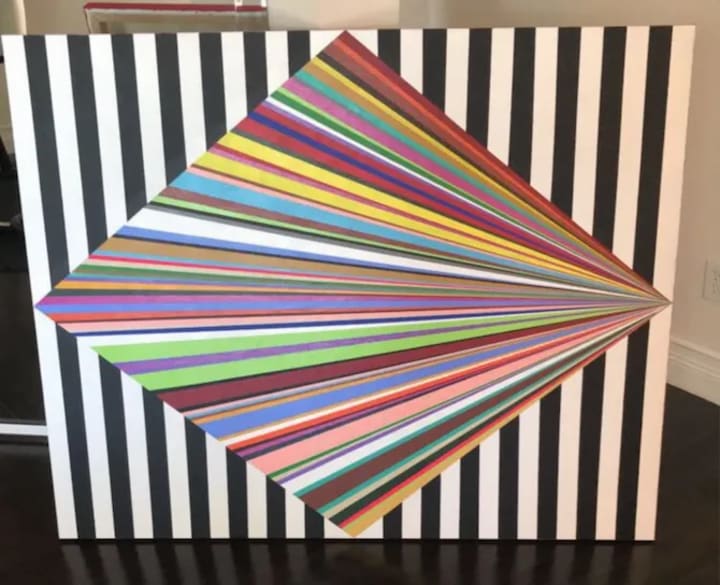
Enjoy any of the songs above? Follow me on SoundCloud or Instagram for more.
About the Creator
Martin Vidal
Author of A Guide for Ambitious People, Flower Garden, and On Authorship
martinvidal.co
martinvidal.medium.com
Instagram: @martinvidalofficial
Enjoyed the story? Support the Creator.
Subscribe for free to receive all their stories in your feed. You could also pledge your support or give them a one-off tip, letting them know you appreciate their work.


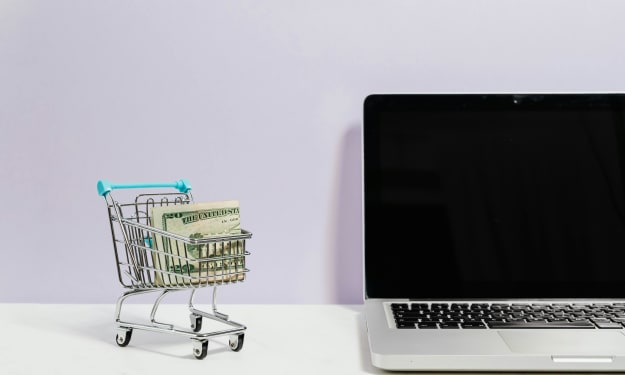

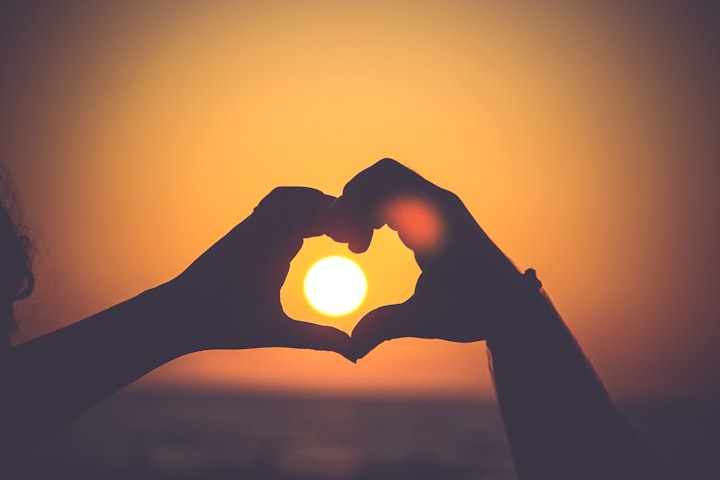

Comments (1)
Thank you for sharing.